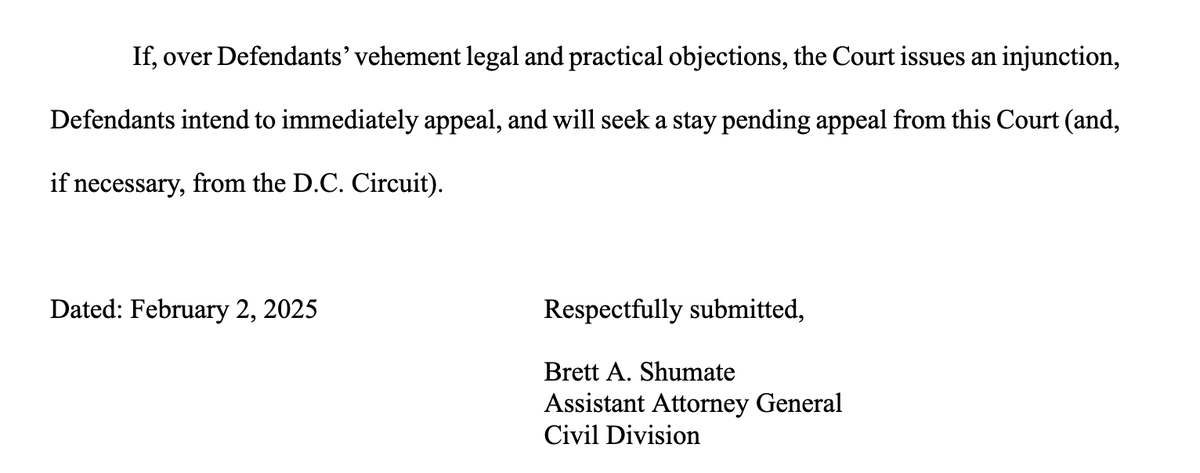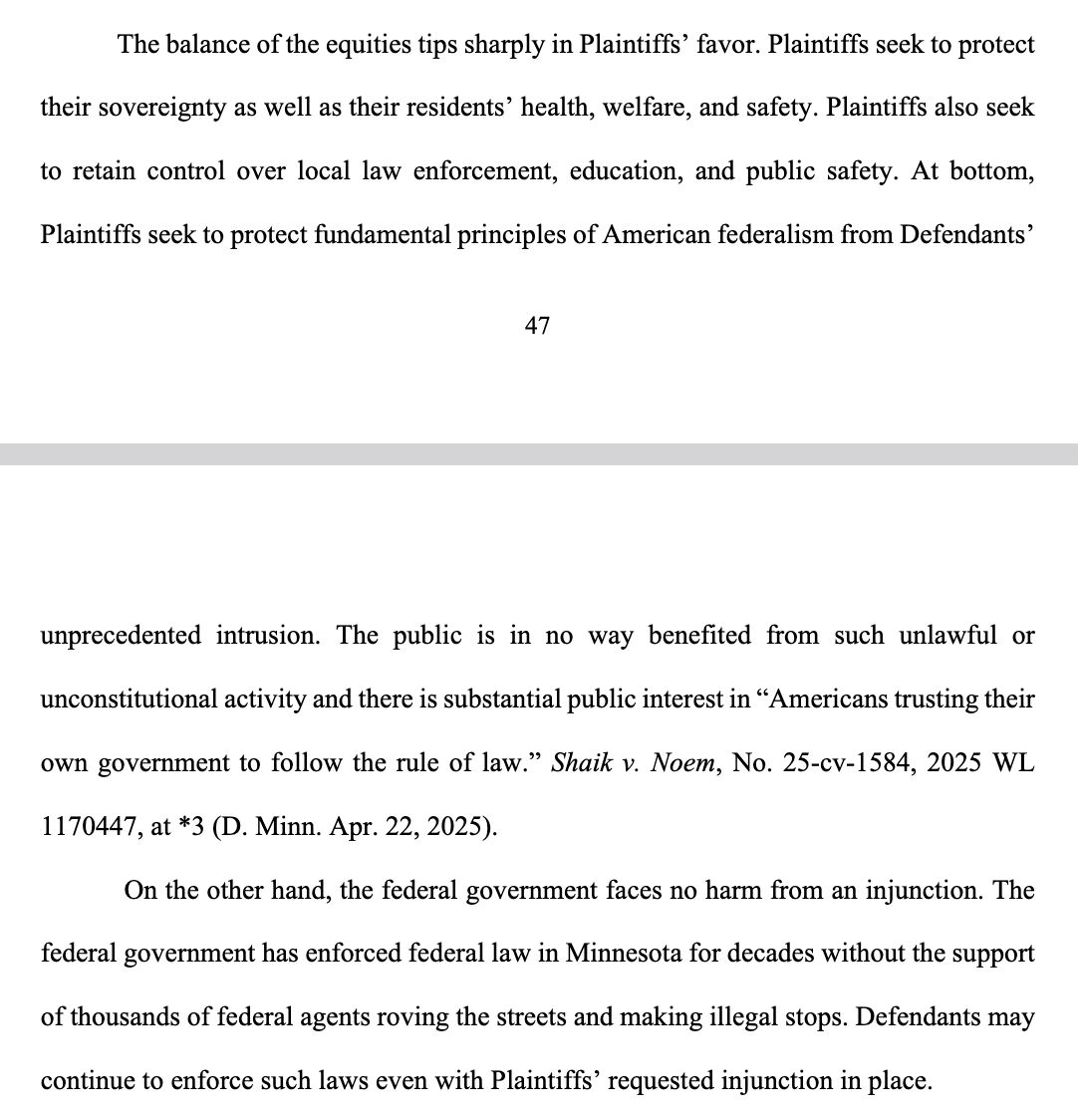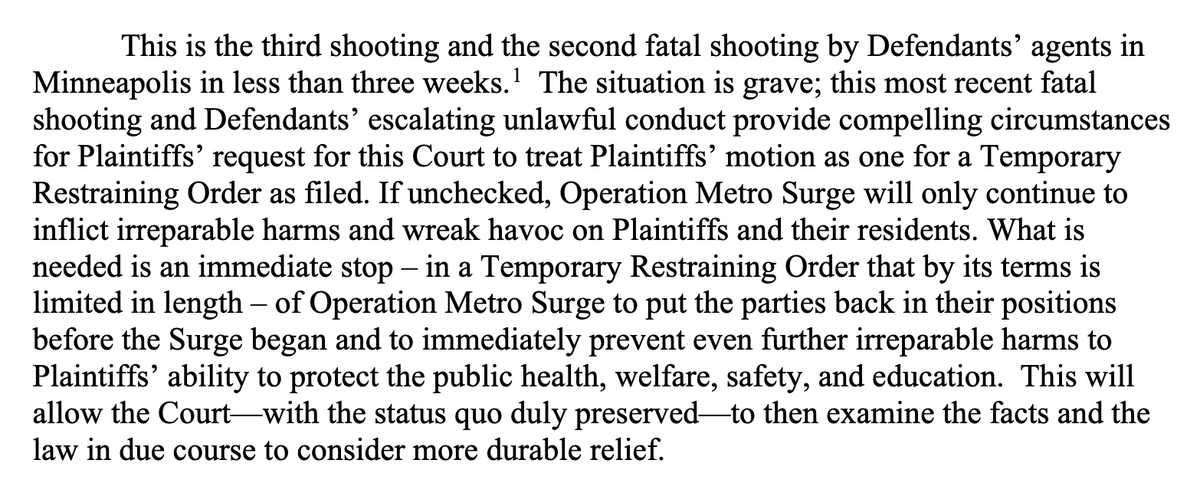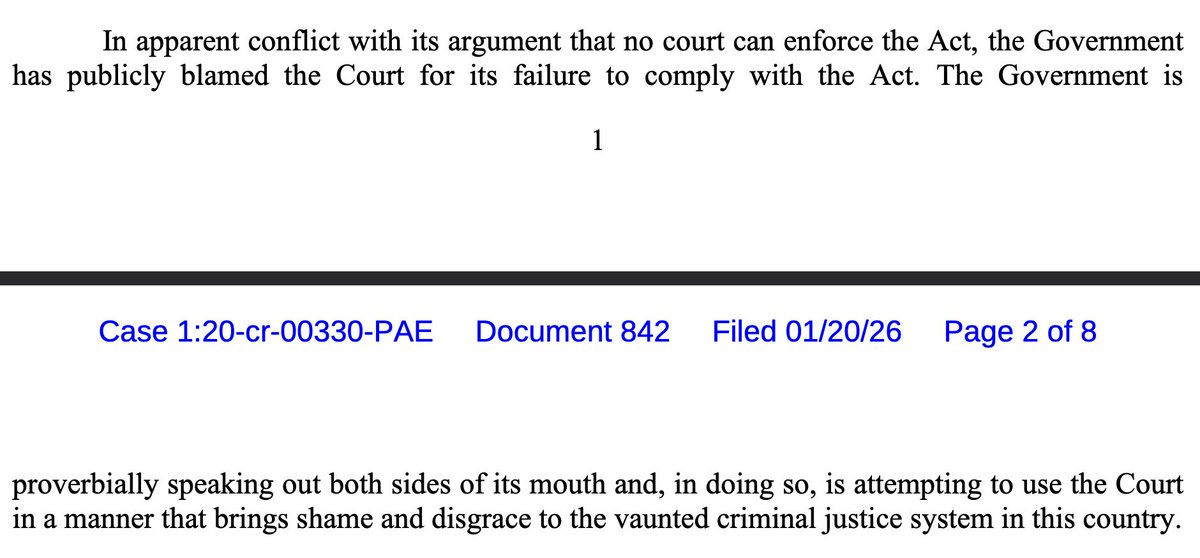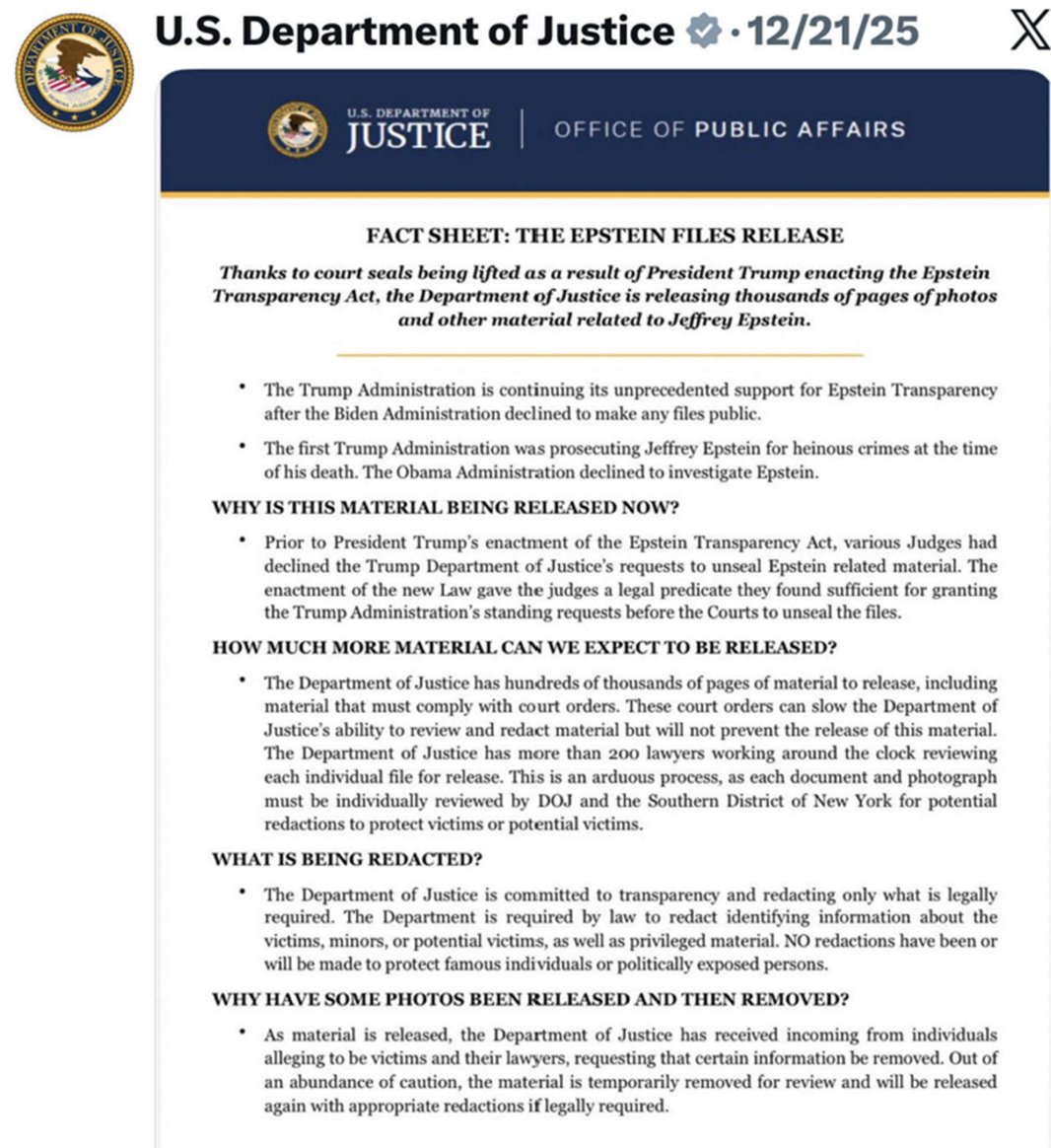Good morning from New York.
A hearing is about to begin in Manhattan DA Alvin Bragg's lawsuit against Rep. Jim Jordan.
I'll be covering the proceedings for @lawcrimenews.
Background: lawandcrime.com/trump/manhatta…
A hearing is about to begin in Manhattan DA Alvin Bragg's lawsuit against Rep. Jim Jordan.
I'll be covering the proceedings for @lawcrimenews.
Background: lawandcrime.com/trump/manhatta…
U.S. District Judge Mary Kay Vyskocil is presiding.
The parties are noting the appearances for the court.
The parties are noting the appearances for the court.
Up first and arguing to invalidate the subpoena is Ted Boutrous, who says the subpoena has "grave" separation of powers issues.
Judge Vyskocil questions Boutrous sharply from the out the gate, interrupting Bragg's attorney routinely on various issue.
She asks why overseeing the use of federal money isn't a valid legislative act.
She also asks about how Pomerantz's book isn't a waiver.
She asks why overseeing the use of federal money isn't a valid legislative act.
She also asks about how Pomerantz's book isn't a waiver.
After Boutrous says that Rep. Jordan's probe is trying to "intimidate" the DA's office, the judge snaps: "That's your interpretation of it."
Judge: "There's politics going on here on both sides here. Let's be honest about that."
Boutrous says he doesn't concede that.
The judge then calls much of the complaint irrelevant to the subpoena issue.
Boutrous says he doesn't concede that.
The judge then calls much of the complaint irrelevant to the subpoena issue.
I can't emphasize enough: This is what lawyers call a hot bench.
Manhattan DA Bragg's attorney is getting a very tough reception.
Manhattan DA Bragg's attorney is getting a very tough reception.
Boutrous hammers home the Trump v. Mazars precedent by SCOTUS, which created the test for showing a congressional subpoena serves a legislative purpose.
Then, a Democratic-controlled committee sought Trump's tax information.
Now, the shoe's on the other foot and the GOP-controlled committee wants to use this precedent to fight the subpoena.
Now, the shoe's on the other foot and the GOP-controlled committee wants to use this precedent to fight the subpoena.
Brutal questioning on Pomerantz's book.
Judge: Have you read this book?
Other Bragg lawyer: Yes.
Judge: Does it preserve your confidences?
No, she answers.
Judge: Have you read this book?
Other Bragg lawyer: Yes.
Judge: Does it preserve your confidences?
No, she answers.
Judge: "If I find a valid legislative purpose, I am not allowed to look at the motivations on either side."
Boutrous says the landscape changed after Trump v. Mazars, after which judges now have to look at the evidence.
Boutrous says the landscape changed after Trump v. Mazars, after which judges now have to look at the evidence.
Up now: Jordan's lawyer Matthew Berry.
The judge asks Berry whether the committee needs its "adjectives" of "politically motivated" to make their case.
"Doesn't it politicize it on your side, as well?" she asks.
"Doesn't it politicize it on your side, as well?" she asks.
Jordan claims that his committee is considering legislation to guard against political prosecution by local prosecutors.
The judge asks Berry why he needs testimony if one such bill is in play.
Q: If you already introduced the bill, why do you need testimony?
The judge asks Berry why he needs testimony if one such bill is in play.
Q: If you already introduced the bill, why do you need testimony?
The judge recites the court's holding in Mazars to Jordan's lawyer.
"Do you intend to respect the invocation of privilege if this deposition were to go forward?" she asked.
Berry says the chair will decide on a case-by-case basis whether the sustain privilege objections.
"Do you intend to respect the invocation of privilege if this deposition were to go forward?" she asked.
Berry says the chair will decide on a case-by-case basis whether the sustain privilege objections.
Note: Bragg's attorneys had an extremely tough reception.
Jordan's lawyer, whose arguments are ongoing, isn't having an easy reception, either. But it's certainly less stinging.
Jordan's lawyer, whose arguments are ongoing, isn't having an easy reception, either. But it's certainly less stinging.
The judge notes, not in these words, that Pomerantz is stuck between a rock and a hard place.
If he answers the questions, he faces possible liability from the DA, and if not, the wrath of Congress.
If he answers the questions, he faces possible liability from the DA, and if not, the wrath of Congress.
The judge tells Berry: "You have to admit, it is somewhat unusual" for Congress to conduct oversight on a local prosecutor.
Berry accuses Bragg's legal team of "rhetoric and hyperbole" in this particular case.
This is just about the subpoena to Pomerantz, he says.
This is just about the subpoena to Pomerantz, he says.
Boutrous says it's "totally unprecedented" for Congress to go after local prosecutors.
The judge counters it's also unprecedented for a prosecutor to charge a former president.
"They say that they're doing it because the indictment raises, in their mind," concerns, she says.
The judge counters it's also unprecedented for a prosecutor to charge a former president.
"They say that they're doing it because the indictment raises, in their mind," concerns, she says.
Judge skewers Bragg's legal team for filing what she called an unauthorized reply brief.
She says she'll wrap up the hearing and issue a ruling as promptly as she can.
She says she'll wrap up the hearing and issue a ruling as promptly as she can.
Then, she invites Berry back to take his final three minutes.
Both sides got grilled, but the DA's attorneys can't be too happy about how that went.
Story soon, @lawcrimenews
Story soon, @lawcrimenews
• • •
Missing some Tweet in this thread? You can try to
force a refresh


